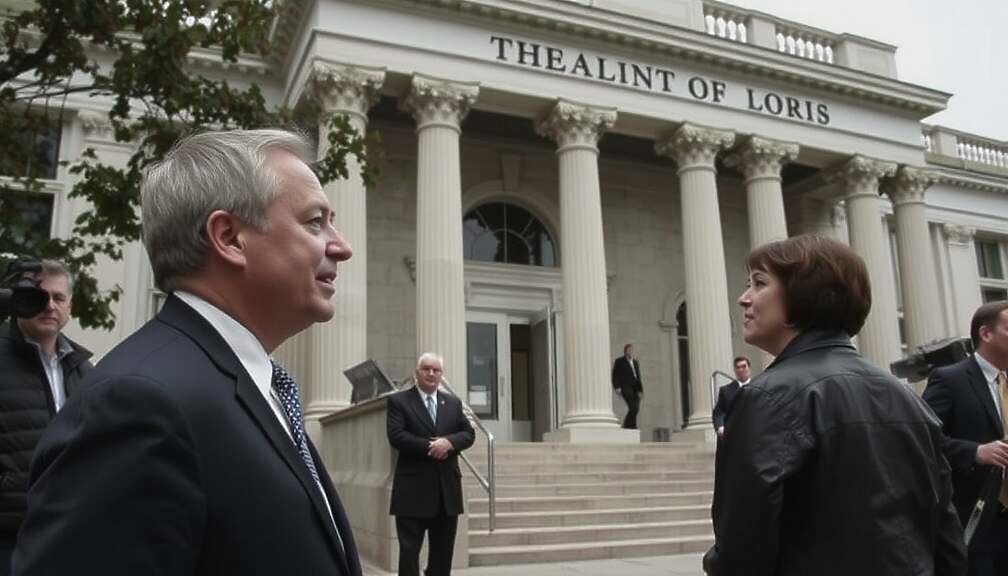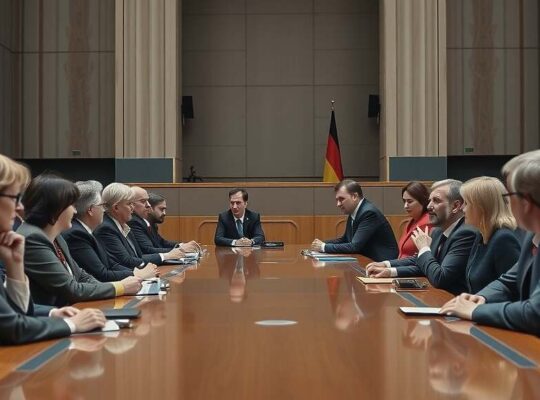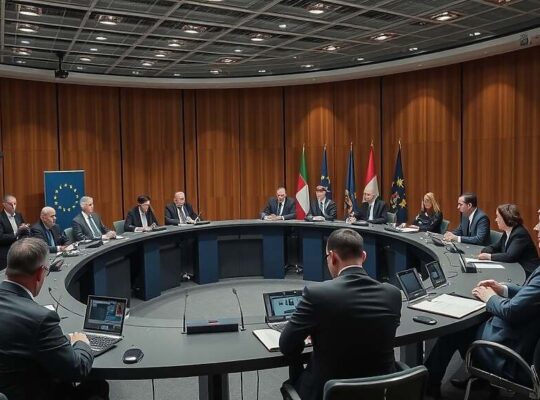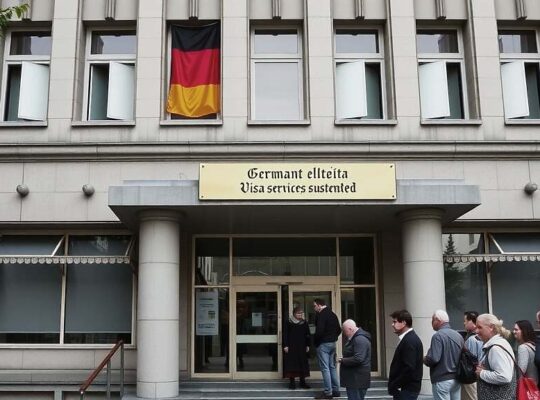The German Federal Ministry of the Interior has banned the association “Muslim Interaktiv” triggering a wave of raids targeting a network of Islamist organizations across the country. The move, announced Wednesday by Minister Alexander Dobrindt (CSU), signals a significant escalation in Berlin’s approach to perceived extremist groups and raises questions about the scope and efficacy of such actions.
The ministry justified the ban, citing “Muslim Interaktiv’s” purpose and activities as being fundamentally opposed to Germany’s constitutional order and the principle of international understanding. The association has been dissolved and its assets seized.
Simultaneously, authorities executed searches at seven locations in Hamburg, following court orders intended to uncover potential interconnected structures. Further searches, numbering twelve locations in Berlin and Hessen, are underway concerning the associations “Generation Islam” and “Realität Islam”. The ministry accuses these groups of exhibiting similar grounds for prohibition as “Muslim Interaktiv” or of potentially functioning as sub-organizations within its network.
Minister Dobrindt framed the crackdown as a necessary defense of German values. “We will respond with all legal rigor to those who aggressively demand a caliphate on our streets, who incite hatred against the State of Israel and Jews and who despise the rights of women and minorities” he stated. “We will not tolerate organizations like `Muslim Interaktiv` eroding our free society with their hatred, denigrating our democracy and attacking our country from within.
While the government’s assertion of protecting democratic values resonates with public concerns, the broad nature of the accusations and the simultaneous investigations into related organizations invite criticism. Legal experts are already questioning the ambiguity of the “opposition to constitutional order” clause, suggesting potential for overreach and the chilling of legitimate political or religious expression. The scale of the operation also raises concerns about resource allocation and the effectiveness of preventative measures versus reactive bans. Furthermore, critics argue that such heavy-handed approaches risk alienating Muslim communities and potentially driving radicalization underground, making it more difficult to monitor and address. The investigations targeting “Generation Islam” and “Realität Islam” underscore the potential for a wider net to be cast, raising questions about the due process afforded to these groups and potentially fueling accusations of political targeting.












